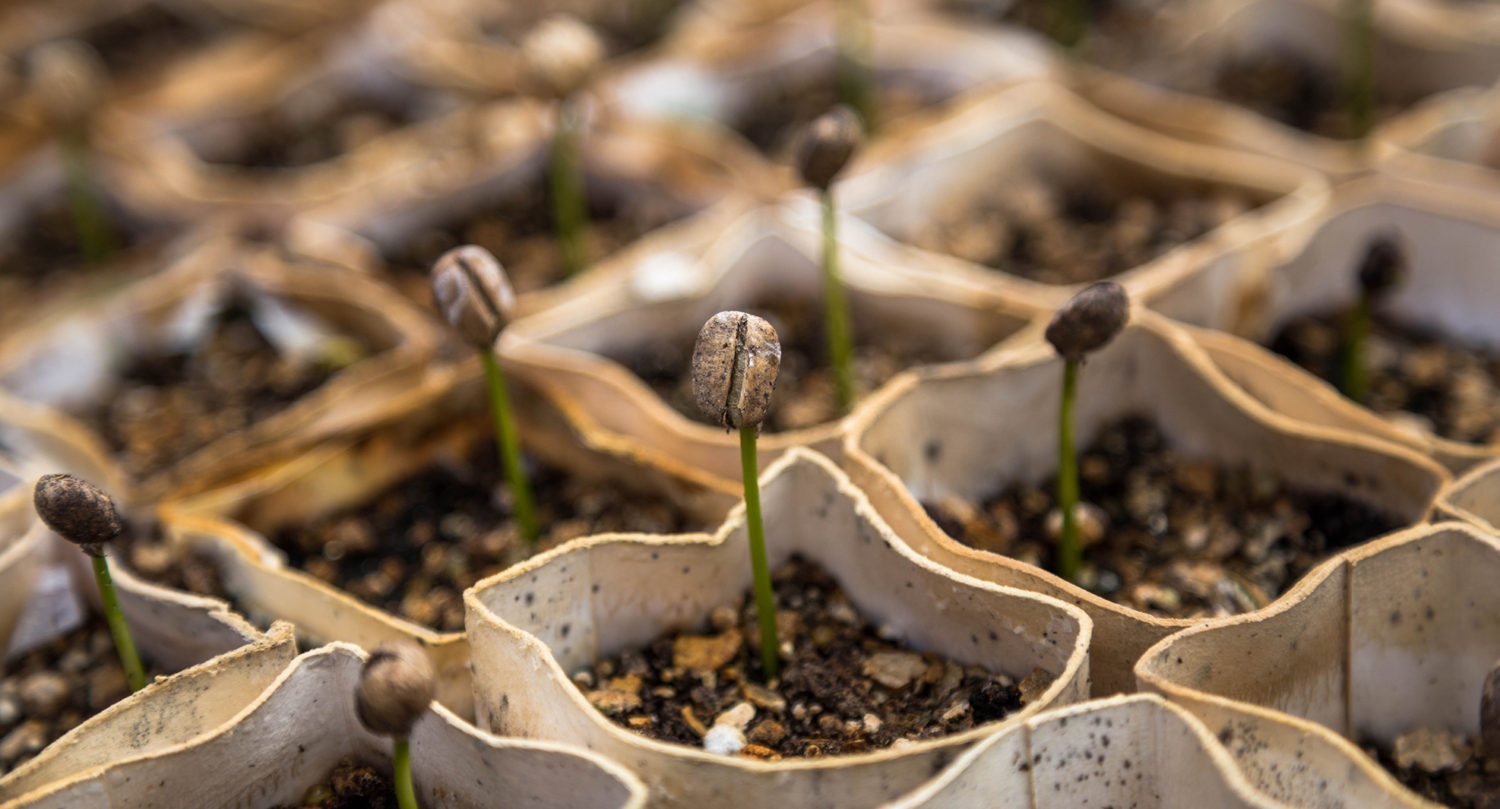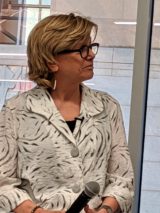The next big idea
The seeds of a democratic economy are growing invisibly around us, writes Marjorie Kelly.
Employee-owned companies like the UK-based John Lewis Partnership are a growing sector of the economy, but for the most part are still treated like oddities – a tie-dye-and-sandals crowd separated from the suited adults doing the serious business of enterprise. But as global capitalism faces an existential crisis, it is becoming clearer that it is employee-owned company structures that hold some of the key to a more sustainable and equitable economy.
Consider the story of EA Engineering in the United States. The environmental consulting firm founded by ecological science professor Loren Jensen grew rapidly in the 1980s, and, in search of more capital, Jensen was encouraged to take the firm public on the NASDAQ exchange. As executives intent on pleasing Wall Street took over, quality work and integrity took a back seat to share price. Staff morale plummeted and accounting misstatements got the firm in trouble with the Securities and Exchange Commission.
Jensen stepped in and bought the company back, transitioning it to 100 per cent employee ownership and reincorporating it as a benefit corporation. As Jensen put it: “We returned immediately to the task of understanding environmental problems and what to do about them.” In this new mission-oriented, employee-owned structure, the company returned to profitability and has been healthy ever since.
Most of us might not think about ownership structures as being a route to positive change. The focus of progressive change for decades has been regulations and social safety nets. Yet asset ownership forms the foundation of every economy. In ancient agrarian societies, the king and aristocracy owned the land. During the industrial revolution, a new breed of aristocracy – the robber barons – owned the assets. In communism, the state owns the property. A democratic economy – designed to benefit us all – will rest on the foundation of broad-based asset ownership, designed around the purpose of serving the public good.
In today’s extractive economy, companies are seen as objects owned by shareholders, manufacturing wealth for a tiny financial elite, with earnings like so many ball bearings rolling off an assembly line. What draws increasing numbers of people to the new idea of a democratic economy – with alternative ownership structures like employee stock ownership plans, cooperatives, publicly owned companies, state-owned banks, and the like – is a hunger for an economy that mirrors our ideals of democracy. Political democracy is in peril today in large part because it has been captured by monied interests that are enriched by the extractive economy. Even so, political democracy’s fundamental design is about the fact that we’re all in this together: having a say over the forces that shape our lives so that we all prosper is our birthright. The problem is that society long ago democratised government, but never democratised the economy. We’ve instead built fences of regulations and social safety nets around economic structures built to serve the few. But that’s like putting a fence in front of a bulldozer. Propelled by the relentless drive of corporations and the wealthy for more profit, that bulldozer is crashing the fences and wrecking the structures of our society.
Democracy, inclusion, equity and sustainability need to be woven into the economy’s DNA. One effect would be more businesses that look like the John Lewis Partnership. Last year the company’s two key retail arms, John Lewis and Waitrose, added the phrase ‘& Partners’ to their brands to emphasize the primacy of their employee-owners. As retail competitors like Amazon suppress wages and benefits (often by outsourcing to contractors), impose crushing workloads and fight worker organising efforts tooth and nail, John Lewis’s 2019 annual report says it is doubling down on what it calls “industrial democracy” through such steps as increasing average hourly pay to above £9 an hour, improving employee governance structures, and launching a Wellbeing Champions Network to support its partners’ health.
The White Rose Centre for Employee Ownership counts 370 employee-owned businesses in the UK (compared to roughly 6,600 in the US), but that is still a 60 per cent increase since 2014. These democratic workplace structures don’t guarantee market success. But there is ample research to suggest that at employee-owned companies, workers get on average better pay, have better retirement benefits, and suffer fewer layoffs. More fundamentally, these businesses tend to be more deeply rooted in their communities, circulating wealth within them rather than extracting wealth from them. Their workers are empowered stakeholders not only making a difference where they work but where they live.
In an age of climate crisis and extreme wealth inequality, we need a new vision of economic growth that does not break the boundaries of sustainability and which ensures that wealth is equitably shared. The good news is that we don’t have to search far. The seedlings of a new democratic economy that finds its profit in broad prosperity and the common good are growing around us.
Photo by Christian Joudrey on Unsplash

